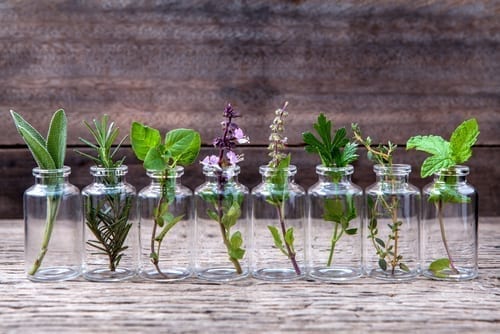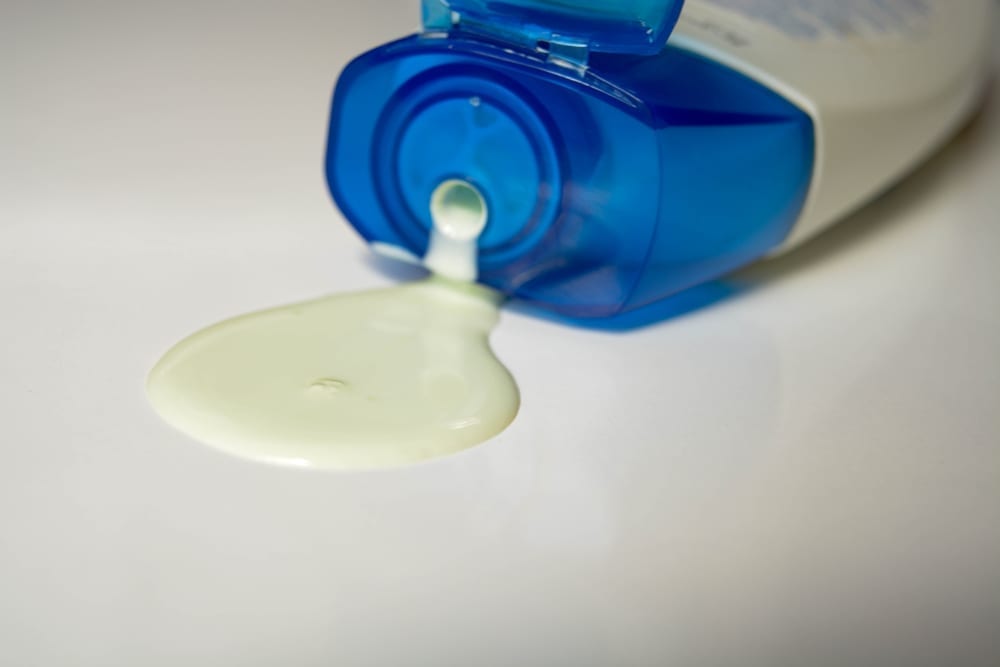Amazingly, there is more to that sweet taste than we thought. In fact, when it comes to our experience with sugar, the taste may be the most insignificant quality. We now know that eating sugar stimulates the brain to produce dopamine. Dopamine then affects signaling in our brain that results in pleasure and reinforces our desire for more sugar consumption.
Even more interesting, is that sugar stimulates dopamine independent of taste! For example, even if we make sugar taste bad, there will still be a release of dopamine in our brain when we eat it! Animals given the choice between sugar water that tastes bad, and regular water that tastes sweet, they will choose sugar water, even with a disgusting taste over sweet flavored water! This is because sugar intake, no matter how it tastes, leads to dopamine release which encourages the choice of sugar water again and again.
When you hear dopamine, you may be thinking of addictive substances like alcohol, nicotine, and narcotic drugs. Indeed, the highly addictive quality of these substances has to do with their effects on dopamine production in the brain. While sugar is not considered addictive like these drugs, sugar consumption is nevertheless self-reinforcing through dopamine release. What does that mean for us? It means that if we want to change our sugar-habit, it’s going to take some effort.
To get this straight, we’re saying that when we consume sugar, our body is programed to want more sugar. And this program has been so woven into us, that it’s independent of actually even tasting the sugar.
What?! That’s so unfair! It’s like the odds are stacked against us! We’re programed to crave sugar, and then we’re told that too much is not healthy!! How can that be!?!
I think we need to change our perspective on sugar. Rashi tells is that the honey spoken about in the Torah is date honey (Exodus – 13, 5). Up until recently, we only had access to sugar through fruits and vegetables. Pure refined sugar, which is extracted from its original plant source, only became widely available a couple hundred years ago, and consumption has been on the rise ever since.
If we would go back even about 100 years to a time before mass production of refined sugar, we would find that most of our sugary drinks did not exist, and almost all of our foods would taste different than today. Truly, almost every food that we purchase today can be found with added sugar (Just look on the Nutrition Label or list of ingredients).
In a true sense, the sweet taste of sugar used to be a delicacy. One reserved for the most special occasions. When we experienced the combination of a Shabbos or a Yom Tov and a rare sweet taste, our brains would release dopamine, which stimulates the desire to repeat this heilig experience. This powerful system was a boost of motivation for the hard work needed to recreate these special moments in life.
However, today we’re literally drowning in a sea of sugar. Many Americans are consuming more than twice the recommended 10 teaspoons per day (which includes all added sugars in beverages, foods, and condiments). In our current state, we have lost the sensitivity to appreciate the sweet experience. Moreover, our excessive sugar habit is a significant contributing factor to our most common and devastating chronic illnesses such as obesity, metabolic syndrome, diabetes and cancer.
So what can we do? First, we need to decide that sugar is for Shabbos and simchas. Next, we need to keep our total intake of added sugars under 10 teaspoons a day (equal to 42 grams). This is only possible if we find alternatives to sugary drinks; better to avoid the diet drinks as well. Also, we need to consume more fruits and vegetables which deliver sugar in its unrefined form. The use of natural sweeteners like stevia or silan on occasion to sweeten a salad or a dish is also a nice addition.
Finally, and I think most importantly, we need to know that sugar is more than a powerful food; it’s more like a recreational drug. When we eat foods with added sugar, we’re going to want more, simple as that. Therefore, while we embrace the special events that include sugar, we need to be on our guard afterwards. When we’re aware that we’re facing a challenge, than it is possible to make a choice. With these tools we can succeed in bringing the sweet experience of sugar back into our lives.
For more on nutrition and functional medicine, contact Mordechai at; Functionalmedicine.co.il & [email protected]
References
Bowman, S.A., Clemens, J. C., Martin, C.L., Anand, J., Steinfeldt, L.C. & Moshfegh, A.J. (2014). Added Sugars Intake of Americans: What We Eat in America, NHANES 2013-2014. Food Surveys Research Group Dietary Data Brief No.18. Retrieved July 16th, 2018 from; https://www.ars.usda.gov/ARSUserFiles/80400530/pdf/DBrief/18_Added_Sugars_Intake_of_Americans_2013-2014.pdf
De Jong, Johannes W., Louk JMJ Vanderschuren, and Roger AH Adan. “The mesolimbic system and eating addiction: what sugar does and does not do.” Current Opinion in Behavioral Sciences 9 (2016): 118-125.
Je peux vous confirmer que ces produits sont plus abordables que dans les autres pharmacies de Paris. Pas mal, non. cialispascherfr24.com Pour le reste, je n’ai pas pu comparer les prix car je vous avoue que j’achète rarement des produits de beauté Mais vous pouvez peut-être m’aider.





